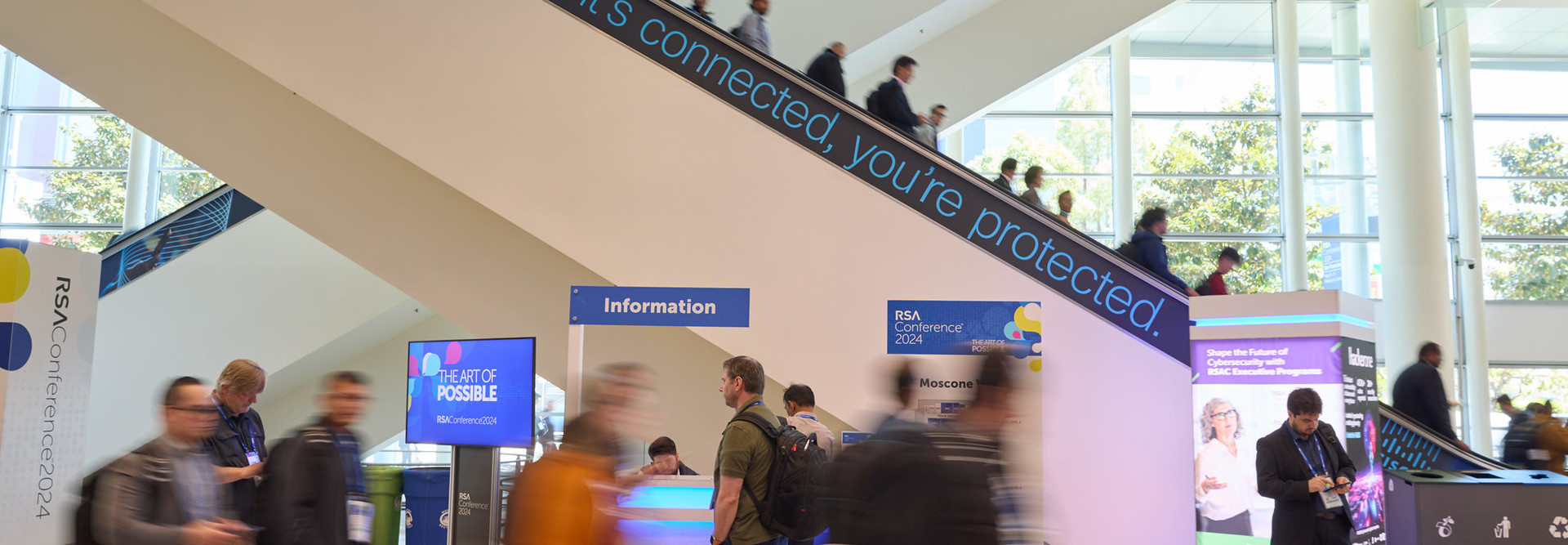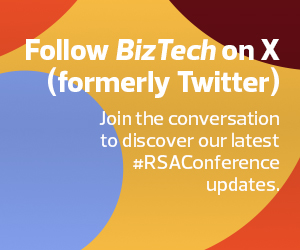5 Bold Cybersecurity Predictions
McMullen delivered Gartner’s top security-related predictions through 2028. Here are five of them:
1. By 2024, modern privacy regulation will blanket the majority of consumer data, but less than 10 percent of organizations will have successfully weaponized privacy as a competitive advantage.
“You want a quote?” McMullen asked. “Here’s your quote: By the end of this year, there will be more people covered by a data protection law than will have access to clean drinking water."
Yet even as governments continue to develop new privacy regulations, Gartner argues that privacy is moving beyond simply a compliance and regulatory activity. Although it continues to be those things, McMullen said, smart organizations will also recognize privacy as a competitive differentiator, working to engage customers on privacy while developing privacy strategies that align with their business objectives. “When you have an ethos around privacy, customers will trust you,” he said. “Apple actually used privacy as a marketing and search keyword for advertisement. They built an entire value chain around it, and we saw their revenues go up by as much as 44 percent in some markets just by focusing on privacy.”
RELATED: How are businesses leveraging AI for cyber defense?
He advised that businesses adopt “strategic forgetting policies,” in which they eliminate stored personal data that they no longer need. The idea of simply deleting data strikes many organizations as unwise, but artificial intelligence changes the stakes: “AI is a bias amplification machine,” McMullen said, “and if you don’t let it forget things, it will carry those biases forever and ever.”
2. By 2025, nearly half of cybersecurity leaders will change jobs, 25 percent for different roles entirely. CISOs are under incredible pressure. “CISOs are being crushed under the weight of an ever-expanding digital business defense mission,” McMullen said. “It’s not just about security anymore. It’s not just about controls. It’s also about enterprise resilience, it’s about privacy, and now we’re being asked to tackle AI.”
Modern CIOs are more business-oriented and less technical than ever, often leaving the CISO as an organization’s leading technologist. Hybrid work is also making it more difficult to disengage.
The keys to combatting cybersecurity fatigue and work-related stress, not to mention the human error that can result? Recruitment and retention. “We’ve got to change the rules of engagement,” McMullen said. “We have to figure out a way to retain the people we have and grow the people we already have in our organizations.”














